Home » Climate Products » Managing Fisheries in a Changing World: Resist-Adapt-Direct
Managing Fisheries in a Changing World: Resist-Adapt-Direct
- Product Categories: Video
Product Description
This video communicates information on the Resist-Adapt-Direct Framework to policymakers and managers.
Ecosystems are transforming under climate change, with substantial shifts in ecological processes and important ecosystem services occurring at unprecedented rates. As systems approach socio-economic and ecological thresholds, the current management toolbox has proved to be incomplete for conservation and the sustainable provision of ecosystem services, including fisheries production and habitat. Multiple approaches are therefore needed to address the varying uncertainties we face in this increasingly non-stationary world. Managers navigating ecosystem transformation can benefit from considering broader objectives beyond a traditional focus on resisting ecosystem change, by also considering whether accepting change or directing it along a preferred pathway might be more appropriate (the RAD framework).
The RAD Framework lays out three approaches for making management decisions for systems undergoing ecosystem transformation: 1) Resist, where managers work to maintain or restore ecosystem composition, structure, processes, or function on the basis of historical or acceptable current conditions, 2) Accept, where managers allow ecosystem composition, structure, process, or function to change autonomously, and 3) Direct, where managers actively shape change in ecosystem composition, structure, processes, or function toward preferred new conditions.
